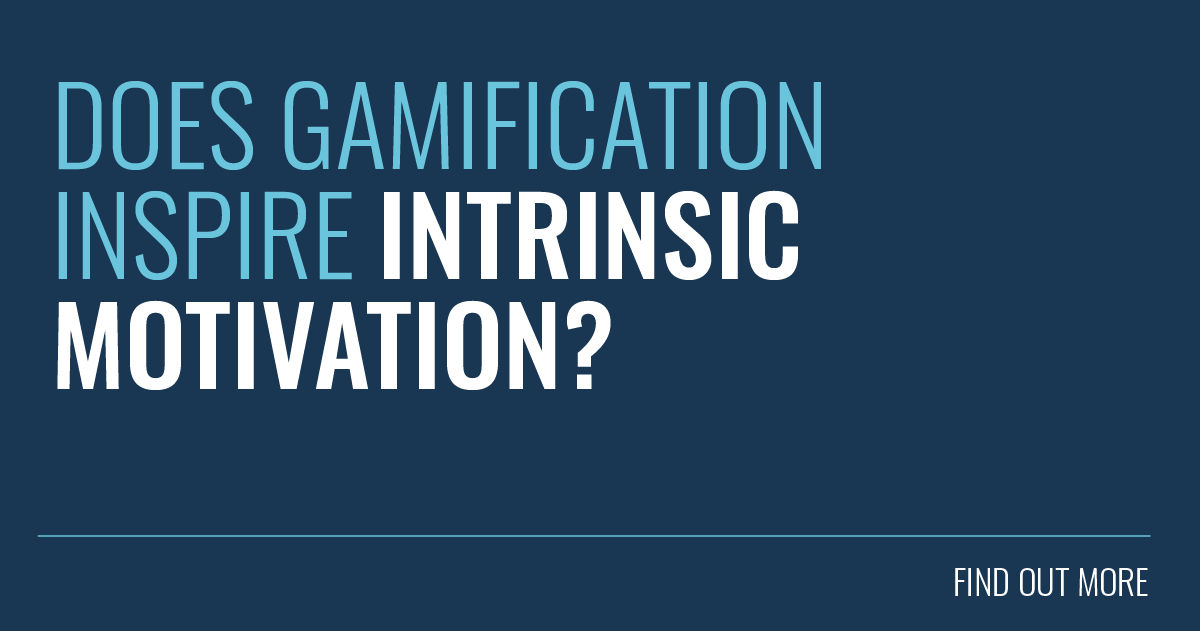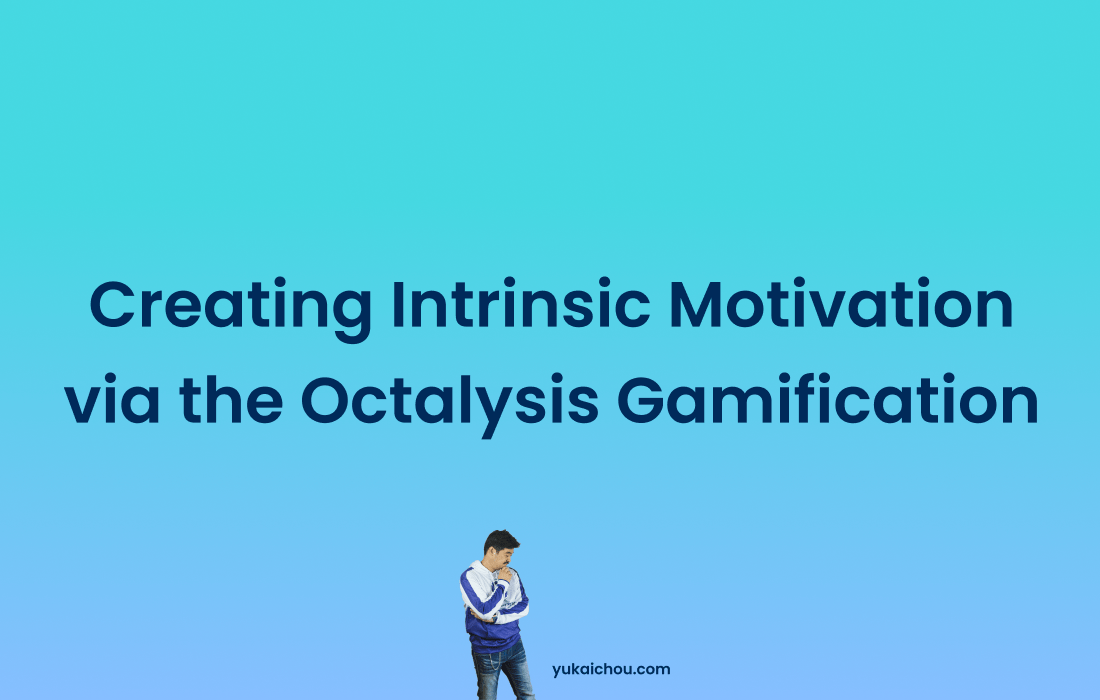Narrative Gamification And Intrinsic Motivation

Does Gamification Inspire Intrinsic Motivation Growth Engineering To make the case for or against the adoption of gamification in education, this study examines its effects on students’ intrinsic motivation and the underlying motivational factors: perceived competence, autonomy, and relatedness. Although gamified learning is still in its early days, gamification designers are trying to achieve a sense of autonomy, competence and relatedness in gamified apps to promote intrinsic motivation.

Creating Intrinsic Motivation Via Octalysis Gamification Yu Kai Chou The results of our study are relevant for gamification research in that they address the issue of how different aspects of gamification actually affect different motivational outcomes. As intrinsic motivation is a psychological outcome and cannot be inferred from performance gains in itself, this means that while gamification can be said to somewhat reliably increase performance, there is little evidence supporting any claims to how it affects intrinsic motivation. In this post, laurens lamberts summarises his talk at the mawsig showcase in edinburgh, where he spoke about the relationship between motivation and gamification, offering a framework to help teachers engage their learners. To make the case for or against the adoption of gamification in education, this study examines its effects on students’ intrinsic motivation and the underlying motivational factors:.

Gamification Intrinsic Motivation For Lasting Engagement Elearning In this post, laurens lamberts summarises his talk at the mawsig showcase in edinburgh, where he spoke about the relationship between motivation and gamification, offering a framework to help teachers engage their learners. To make the case for or against the adoption of gamification in education, this study examines its effects on students’ intrinsic motivation and the underlying motivational factors:. Abstract: the purpose of this literature review is to compare and contrast gamification and game based learning (gbl) and examine the benefits of using these strategies to encourage intrinsic motivation. This article explores the psychological principles that make gamification an effective tool in education, focusing on intrinsic motivation, social interaction, and emotional experience. Overall, the findings indicate that well designed, personalized gamification strategies effectively bolster preservice teachers’ intrinsic motivation in this science education course. Following analyses, it was revealed that students in the gc had higher perceptions of autonomy and competence than students in the ngc. where these differences exist over time, along with differences in other subscales, will be discussed further.
Comments are closed.